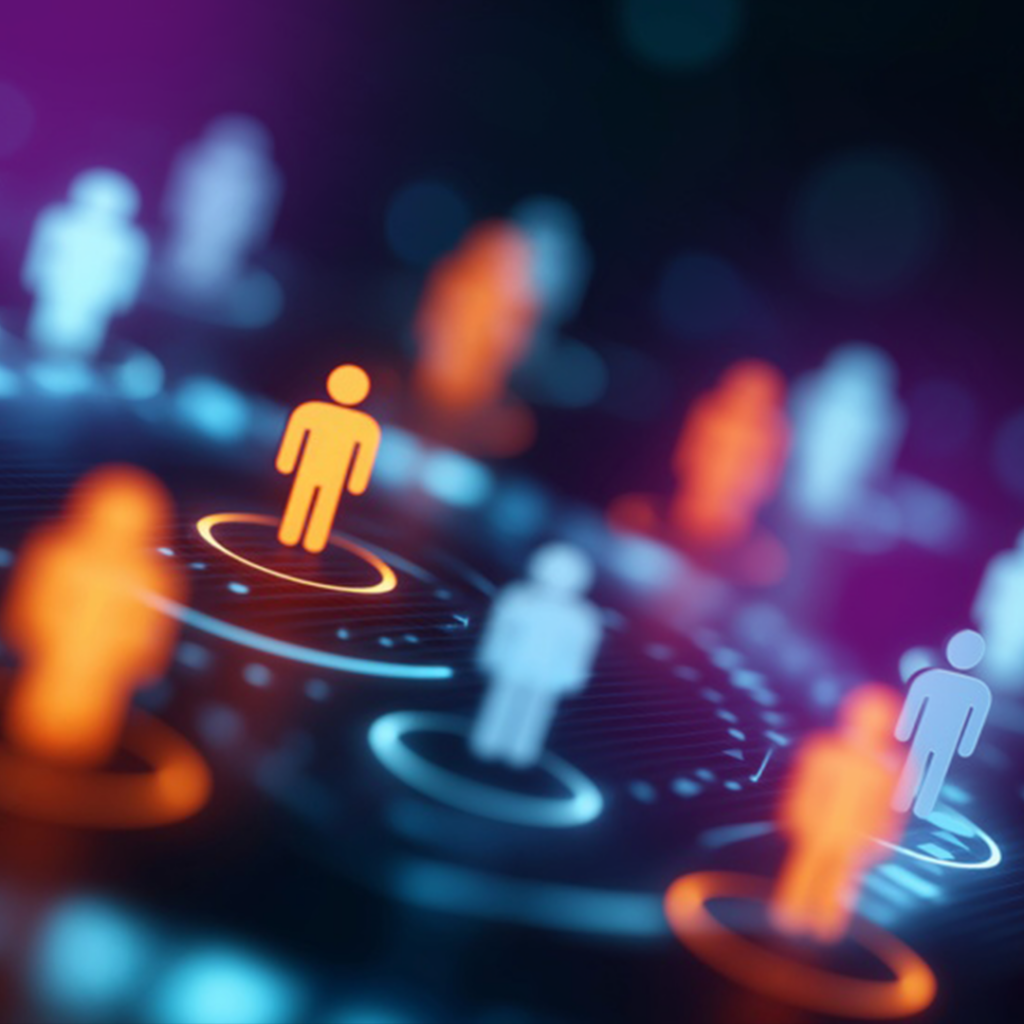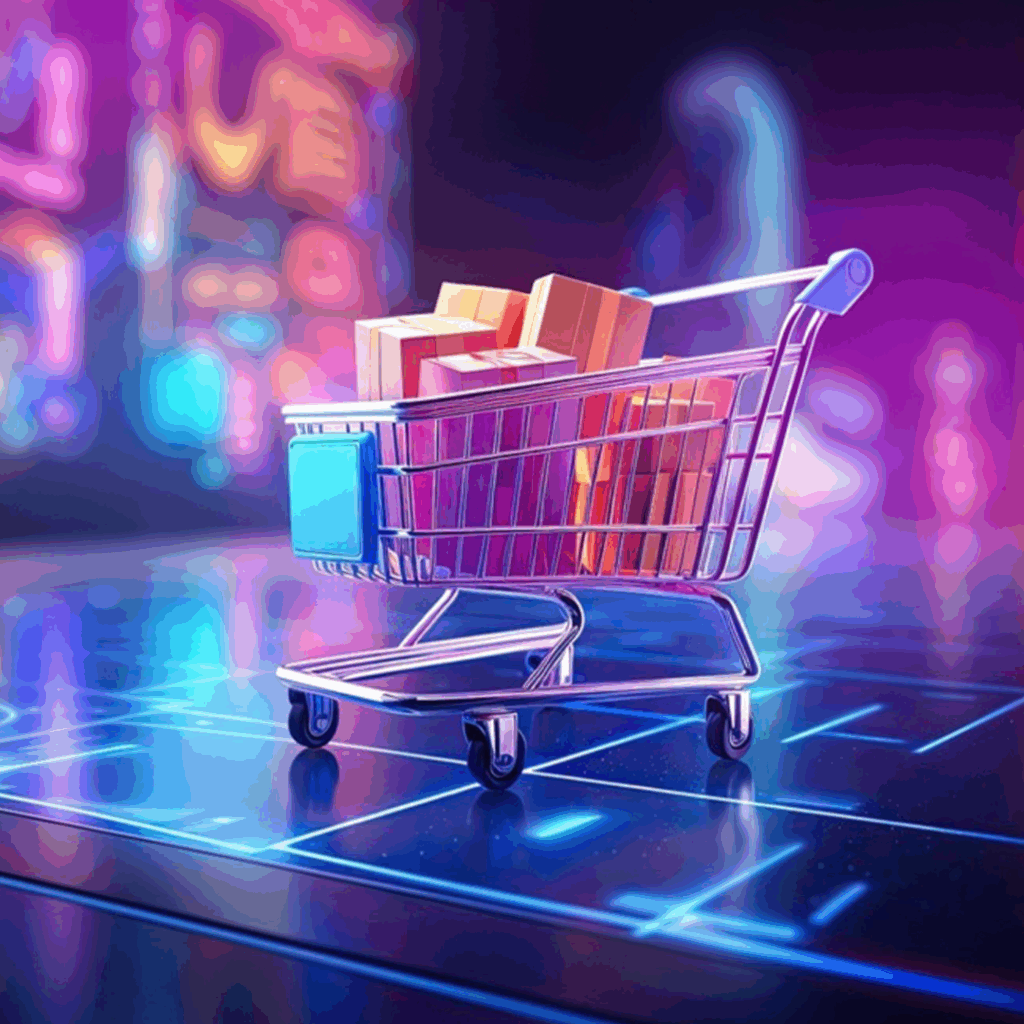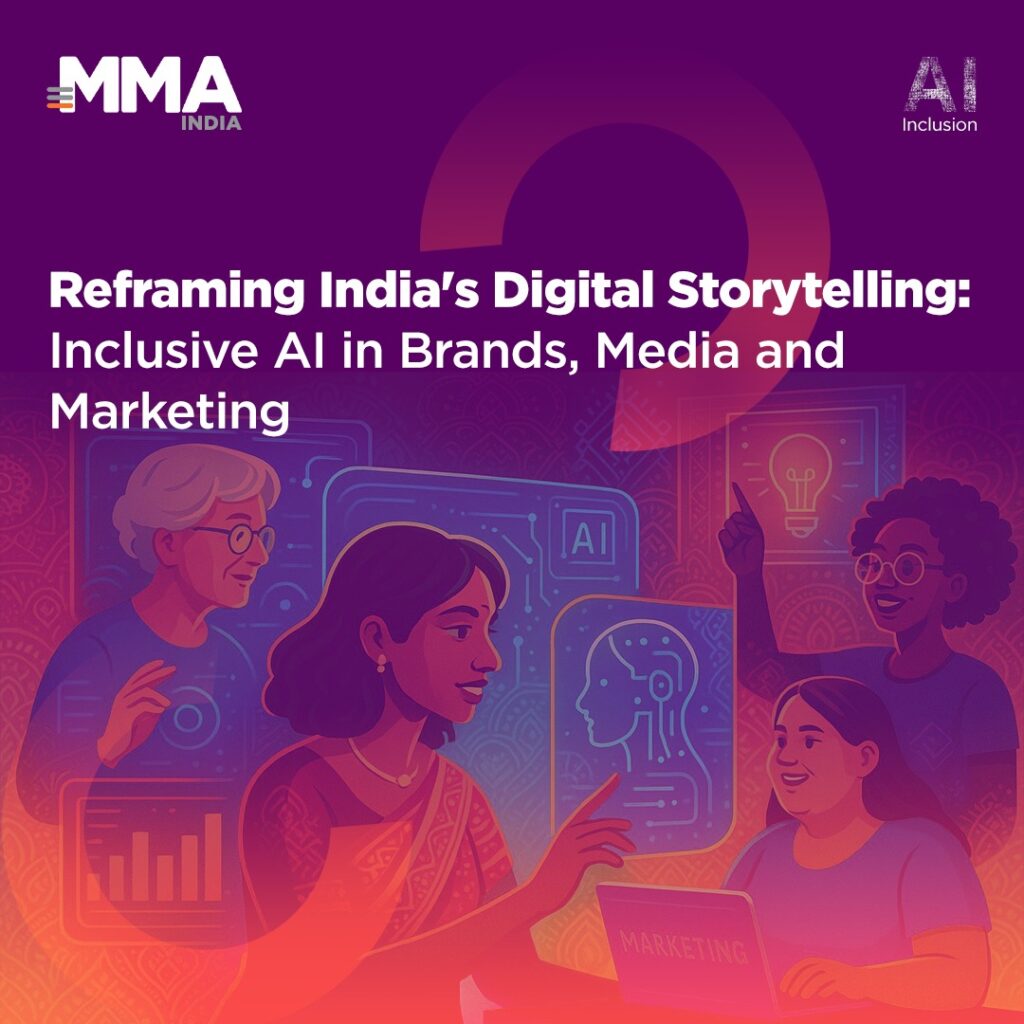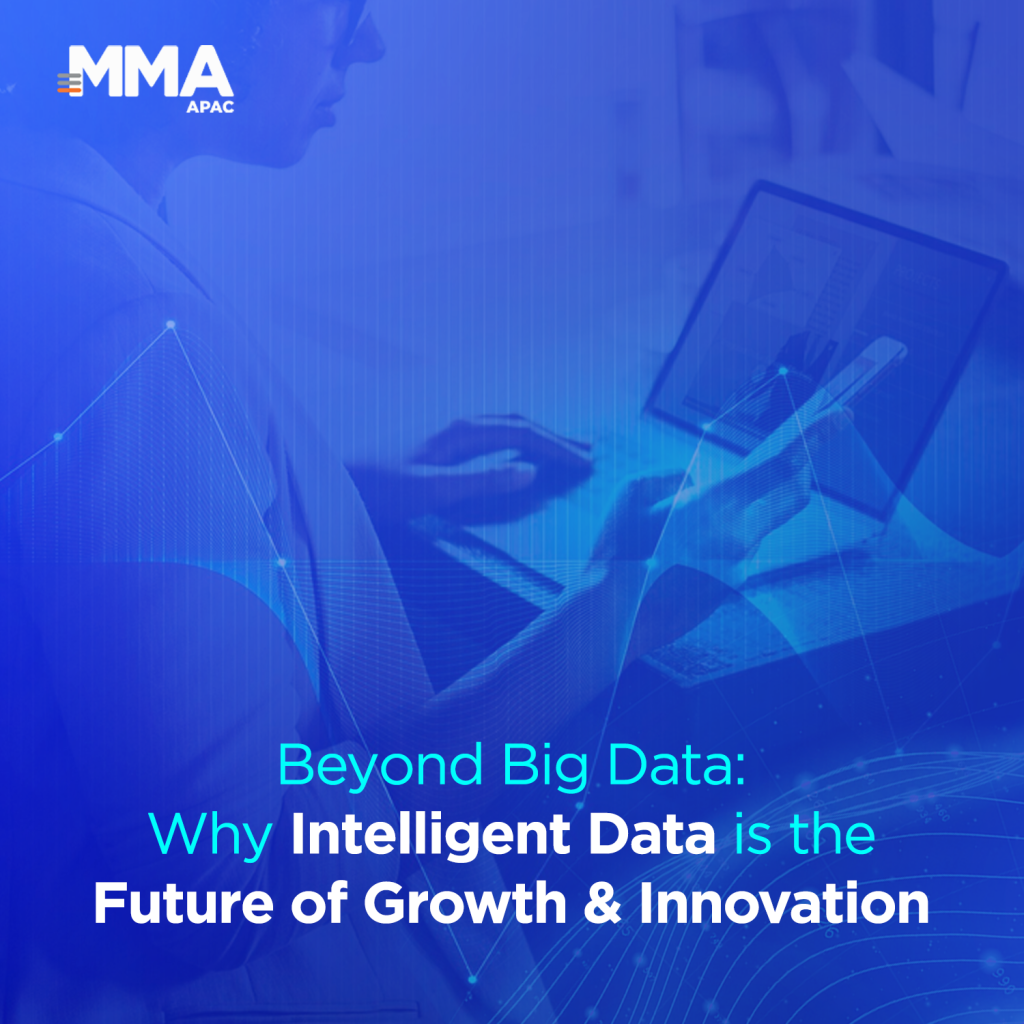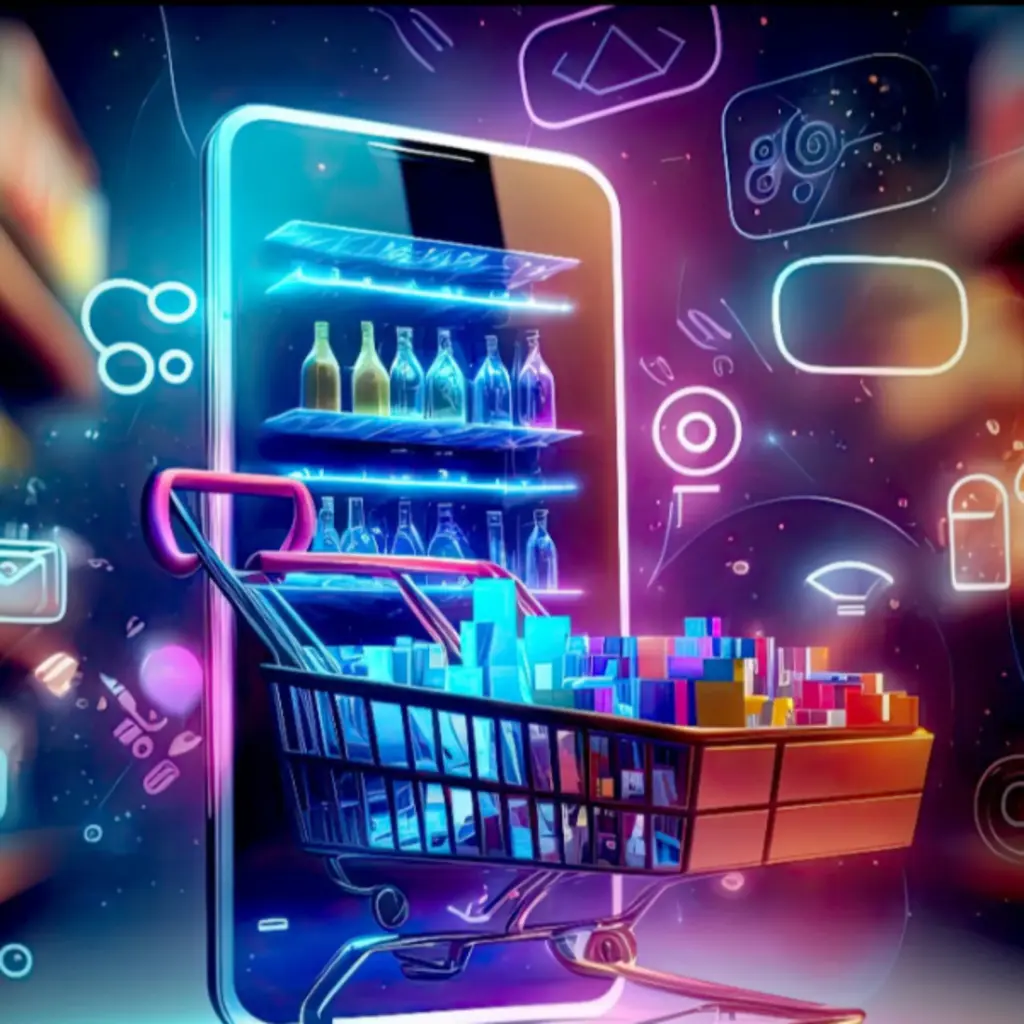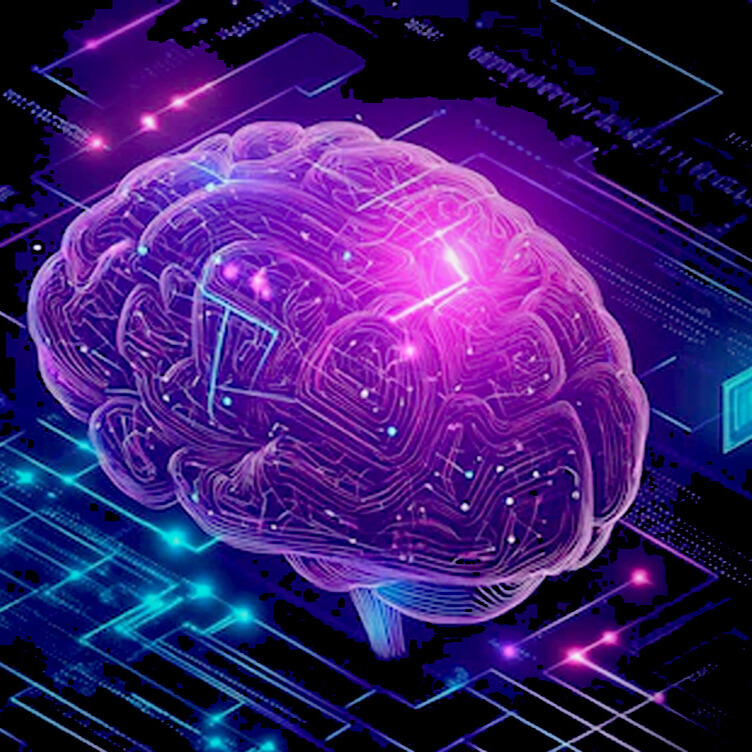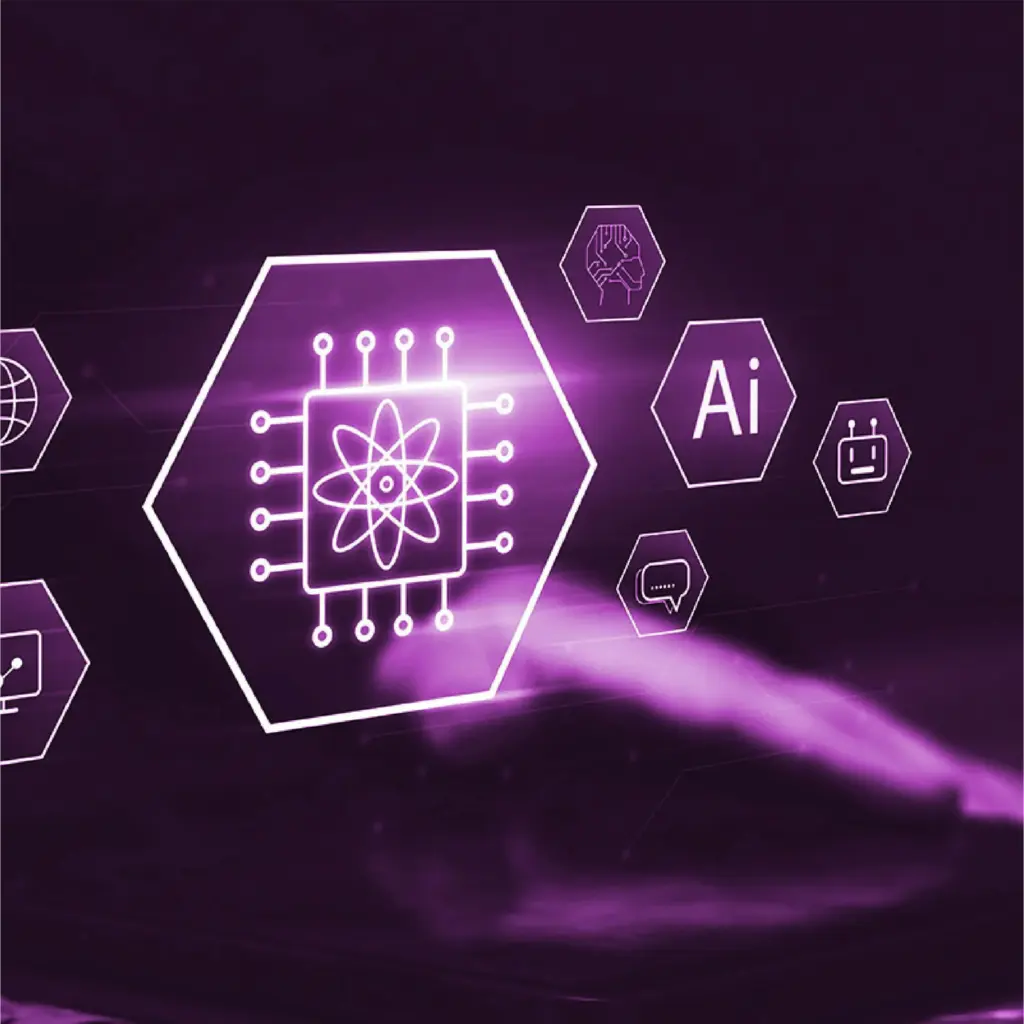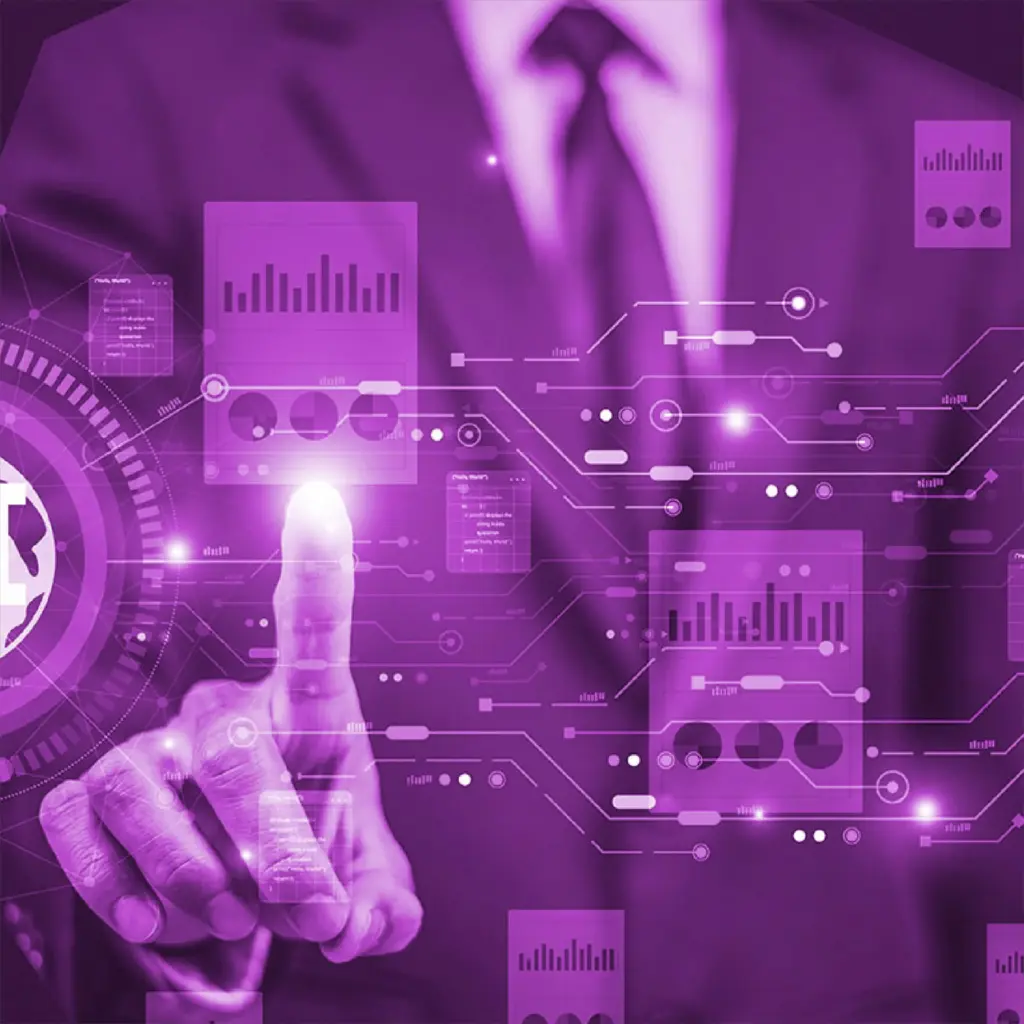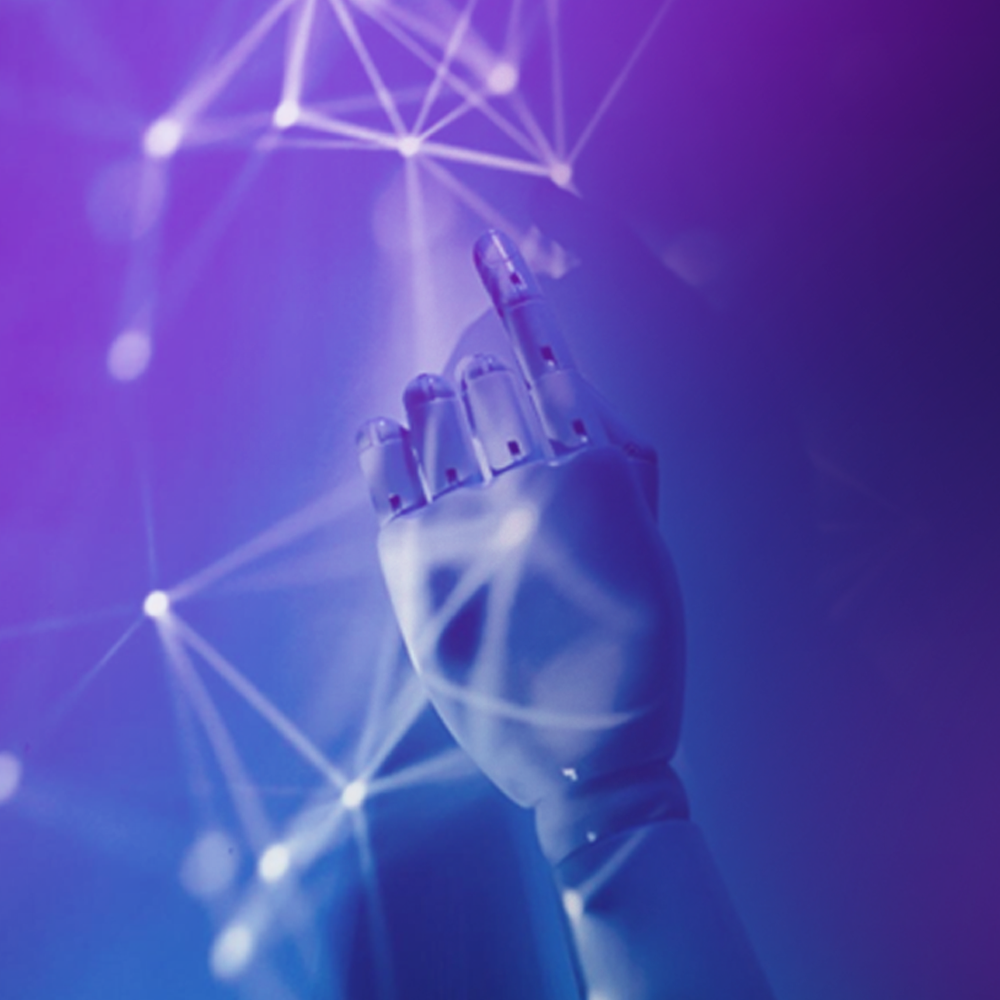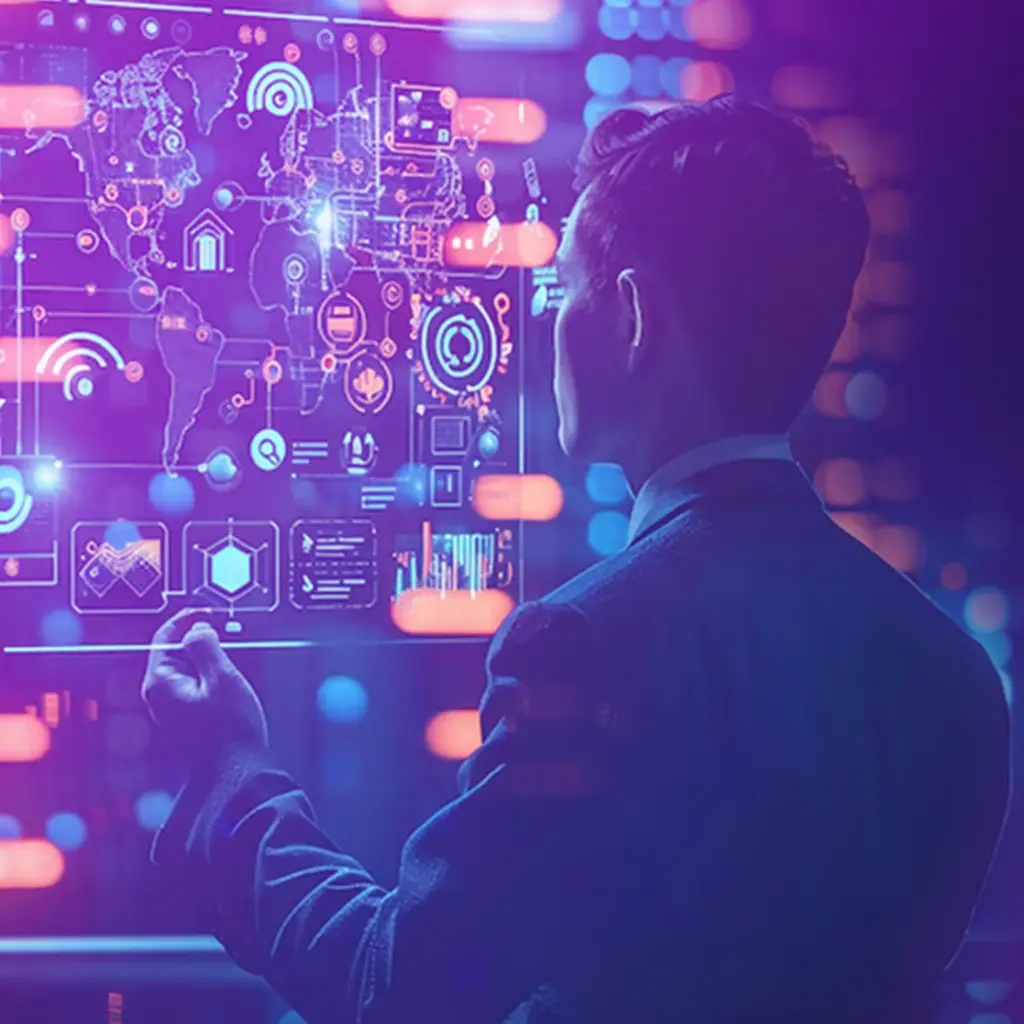
Artificial intelligence (AI) has already revolutionized marketing, but 2025 will mark a pivotal year where its capabilities will transcend current norms. As AI matures, it is expected to refine existing methodologies and introduce groundbreaking innovations that will redefine how brands engage with consumers, optimize campaigns, and achieve business growth. These predictions focus on the potential for exponential growth and the untapped possibilities AI brings to marketing.
Generative AI: The Evolution of Creativity
In 2025, generative AI will transition from a tool for efficiency to a creative powerhouse that inspires innovation. Instead of simply creating assets, AI will actively contribute to ideation, crafting narratives that adapt to audience reactions in real-time. Imagine a global campaign where AI analyzes live feedback and adjusts visuals, messaging, and tone dynamically to resonate with regional or demographic nuances.
What’s Next?
Generative AI will likely integrate with immersive platforms like AR and VR, creating content that feels interactive and alive. Think personalized virtual experiences in which AI curates not just what users see but also how they experience a brand’s story, merging data with artistry to captivate audiences.
Predictive and Prescriptive Analytics: Decision Analysis
Predictive analytics has long helped marketers anticipate trends, but by 2025, it will evolve into decision intelligence. AI will not only analyze vast datasets to predict outcomes and recommend optimized actions, streamlining decision-making processes for marketing leaders.
A Glimpse Ahead:
Imagine an AI that dynamically reallocates marketing budgets during a campaign, focusing on high-performing channels based on real-time analysis. For instance, if a retail promotion gains traction on social media but underperforms via email, the AI automatically reallocates resources to amplify its impact.
Prescriptive analytics will empower marketers to act confidently, bridging the gap between data insights and strategic execution.
Conversational AI: The Birth of AI-Powered Brand Advocates
In 2025, conversational AI will evolve into full-fledged brand advocates capable of holding context-rich, meaningful conversations that mirror human interactions. These systems will seamlessly transition between customer support, sales, and personalized recommendations, acting as consistent touchpoints across a brand’s ecosystem.
What to Expect:
Marketers will deploy conversational AI as front-line representatives in digital spaces, leveraging natural language understanding (NLU) to build trust. These AI advocates will not only assist but also proactively engage consumers with tailored suggestions, forging deeper connections and driving loyalty.
Emotional AI: Unlocking Human Connections
By 2025, emotional AI will redefine how brands measure and respond to consumer sentiment. Unlike current tools that analyze static data, emotional AI will interpret dynamic cues such as tone of voice, facial expressions, and even physiological responses during interactions.
Visualize This:
Picture an AI system monitoring a livestream shopping event. As participants react—smiling, hesitating, or expressing surprise—the AI interprets these signals to adjust product recommendations and promotional strategies on the fly. This real-time adaptability will enable campaigns to resonate more deeply, fostering authentic emotional connections.
Emotional AI’s growth will also extend to internal marketing analytics, where understanding team sentiment could enhance collaboration and creativity within organizations.
AI-Generated Influencers: Beyond Personas
AI-generated influencers will become more sophisticated by 2025, evolving from digital personalities into fully interactive, data-driven ambassadors. These influencers won’t just promote products—they will actively engage with audiences, adapting their personas to align with brand values and audience expectations.
Next Steps for Brands:
AI influencers will integrate with conversational AI, enabling two-way interactions in real-time. For instance, a virtual fitness influencer could offer personalized workout plans and nutritional advice based on a user’s input, creating a deeper, more personalized engagement than human influencers can provide.
AI in AR/VR: Immersive and Dynamic Experiences
AI’s integration with AR and VR will unlock hyper-personalized virtual experiences that evolve as users interact. By 2025, brands will leverage this synergy to build immersive environments where every element—from product placement to ambient sounds—is dynamically tailored by AI.
Looking Ahead:
Imagine entering a virtual fashion store where the layout adjusts based on your browsing history, and AI-powered assistants guide you to products aligned with your style preferences. These experiences won’t just mirror physical shopping—they’ll surpass it, creating environments where imagination and personalization converge.
Autonomous Marketing Campaigns: AI Takes the Lead
By 2025, autonomous marketing systems will evolve from automating tasks to orchestrating entire campaigns. These systems will not only test and optimize variables but also innovate independently, creating and executing strategies aligned with business goals.
The Shift in Focus:
Marketers will move away from operational roles to become strategic directors, guiding autonomous systems toward broader objectives. AI’s ability to test, learn, and adapt faster than any human team will make these platforms indispensable for scaling efforts and achieving consistency.
Ethical AI: Earning Trust in a Data-Driven World
As AI becomes increasingly central to marketing, ethical concerns will grow in parallel. By 2025, brands will prioritize ethical AI practices to build consumer trust, ensuring fairness, transparency, and accountability in their algorithms and campaigns.
The Competitive Edge:
Brands adopting ethical AI frameworks will differentiate themselves in a saturated market. Beyond compliance, transparency in how AI operates—whether in data collection, personalization, or targeting—will become a cornerstone of marketing integrity and loyalty.
The Road to 2025
AI technologies in 2025 won’t just enhance marketing—they will transform it into a discipline driven by creativity, empathy, and precision. From generative AI crafting campaigns that adapt to real-time feedback, to emotional AI deepening connections with audiences, the possibilities are boundless. These technologies offer not just tools but a new canvas for marketers to innovate.
As brands navigate this transformative landscape, success will hinge on their ability to embrace and integrate these emerging technologies while staying rooted in ethical and consumer-centric practices. The question isn’t whether AI will redefine marketing but how prepared brands are to lead in this new era.
The future of marketing is here. Are you ready to embrace it?
